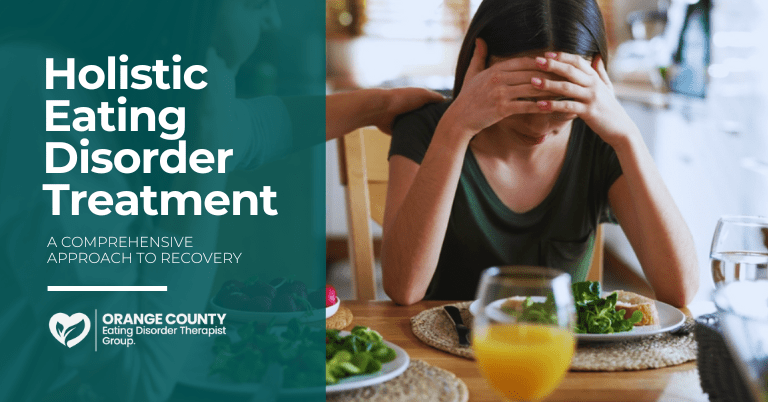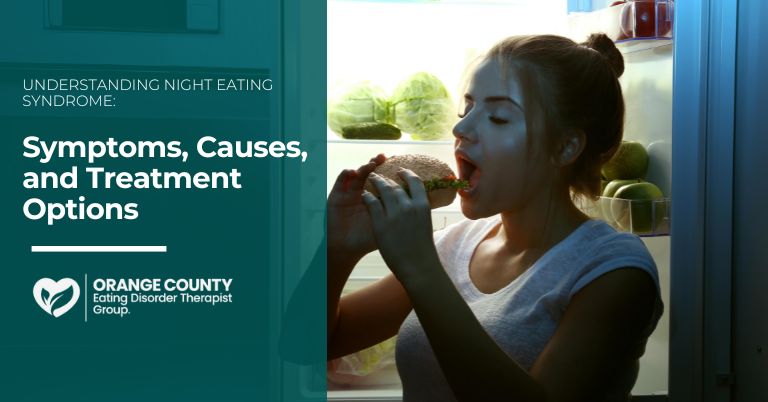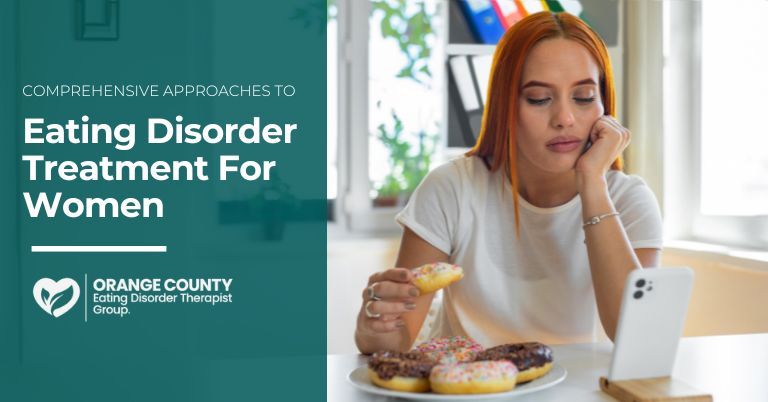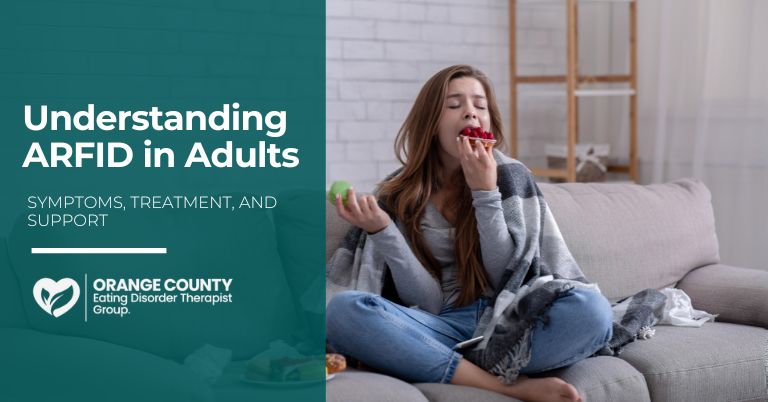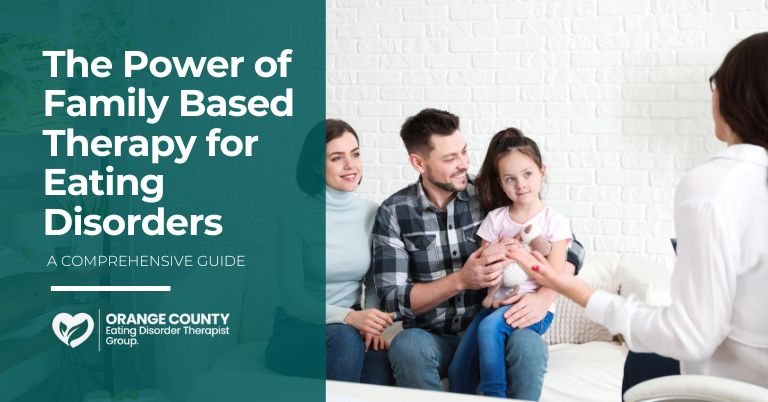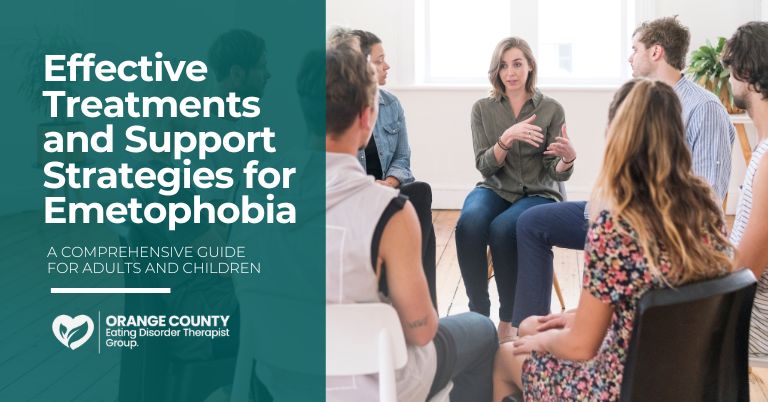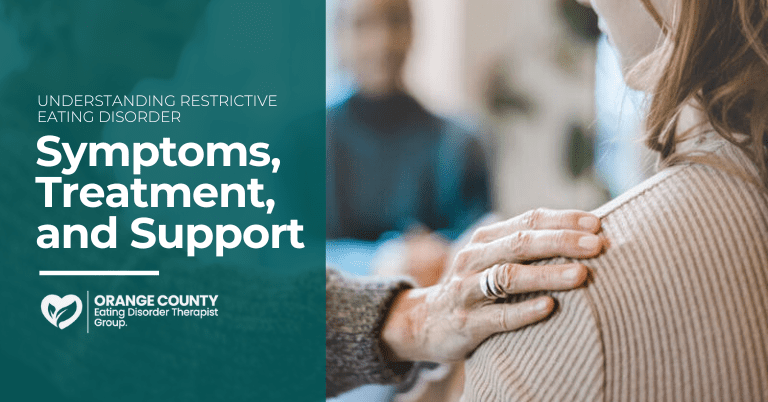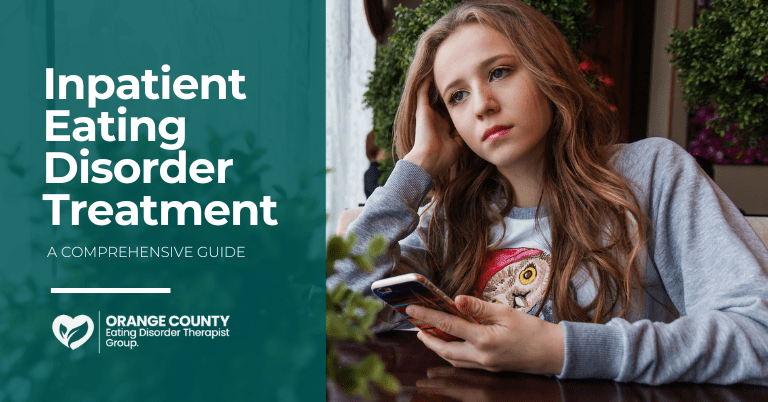Holistic Eating Disorder Treatment
Eating disorders are complex conditions that affect individuals physically, emotionally, and mentally. Traditional treatments often focus on one aspect of the disorder, but a holistic eating disorder treatment approach aims to address the whole person. By integrating various therapeutic modalities and considering the individual’s overall well-being, holistic treatment offers a more comprehensive path to recovery.
What is Holistic Eating Disorder Treatment?
Holistic eating disorder treatment is an approach that goes beyond symptom management to address the root causes of eating disorders. It incorporates physical health, emotional well-being, mental health, and social factors into the treatment plan. This method recognizes that eating disorders are multifaceted and that healing requires attention to all aspects of a person’s life.
Key Components of Holistic Eating Disorder Treatment
Nutritional Counseling and Support
A crucial part of holistic eating disorder treatment is working with an Eating Disorder Dietician. These professionals provide guidance on balanced nutrition and help individuals develop a healthier relationship with food. They create personalized meal plans that cater to the nutritional needs of the individual while addressing disordered eating patterns.
Psychological Therapy
Psychological support is essential in treating the emotional and mental aspects of eating disorders. An Eating Disorder Therapist plays a vital role in this process. Therapies such as Cognitive Behavioral Therapy (CBT), Dialectical Behavior Therapy (DBT), and other psychotherapeutic approaches help individuals understand and manage their thoughts and emotions related to food and body image.
Mind-Body Techniques
Integrating mind-body practices like yoga, meditation, and mindfulness can significantly benefit individuals with eating disorders. These techniques promote relaxation, reduce stress, and improve body awareness. They help individuals connect with their bodies in a positive way and foster a sense of inner peace.
Medical Monitoring
Regular medical monitoring ensures that the physical health of the individual is maintained throughout the treatment process. This includes routine check-ups, monitoring of vital signs, and addressing any medical complications arising from the eating disorder.
Supportive Environment
Creating a supportive environment is crucial for recovery. This includes family therapy and support groups, which provide a network of understanding and encouragement. An Eating Therapist can facilitate family therapy sessions to improve communication and support within the family unit.
The Role of an Eating Disorder Specialist
An Eating Disorder Specialist is a professional who has extensive training and experience in treating eating disorders. They coordinate the various aspects of holistic treatment, ensuring that each component is effectively integrated into the individual’s recovery plan. Their expertise helps in identifying the specific needs of each patient and tailoring the treatment accordingly.
Benefits of Holistic Eating Disorder Treatment
Comprehensive Care
Holistic treatment addresses all dimensions of the disorder, providing a more complete recovery process. By considering physical, emotional, and psychological health, this approach offers a well-rounded treatment plan.
Personalized Treatment
Each individual’s needs and circumstances are unique. Holistic treatment allows for personalized care plans that cater to the specific needs of the patient, enhancing the effectiveness of the treatment.
Long-Term Recovery
By addressing the underlying causes and promoting overall well-being, holistic treatment supports long-term recovery and reduces the risk of relapse. It equips individuals with the tools and skills needed to maintain a healthy lifestyle post-treatment.
Improved Quality of Life
Holistic treatment not only focuses on overcoming the eating disorder but also aims to improve the overall quality of life. It encourages healthy relationships, better stress management, and a positive self-image.
Conclusion
Holistic eating disorder treatment offers a comprehensive approach that addresses the complexities of eating disorders. By integrating nutritional counseling, psychological therapy, mind-body techniques, medical monitoring, and creating a supportive environment, this method promotes overall well-being and sustainable recovery. An Eating Disorder Specialist plays a crucial role in coordinating these efforts, ensuring that the treatment is tailored to the individual’s needs.
FAQs
1. What is holistic eating disorder treatment?
Holistic eating disorder treatment is an approach that addresses the physical, emotional, mental, and social aspects of eating disorders, promoting overall well-being and comprehensive recovery.
2. How does an eating disorder dietician contribute to holistic treatment?
An eating disorder dietician provides personalized nutritional counseling and meal planning, helping individuals develop a healthier relationship with food and ensuring their nutritional needs are met.
3. What role does psychological therapy play in holistic treatment?
Psychological therapy, provided by an eahttps://oceatingdisorders.com/ting disorder therapist, addresses the emotional and mental aspects of eating disorders through various therapeutic modalities, helping individuals manage their thoughts and emotions related to food and body image.
4. How do mind-body techniques help in treating eating disorders?
Mind-body techniques like yoga, meditation, and mindfulness promote relaxation, reduce stress, and improve body awareness, helping individuals connect with their bodies in a positive way.
5. Why is a supportive environment important in holistic eating disorder treatment?
A supportive environment, including family therapy and support groups, provides a network of understanding and encouragement, crucial for the individual’s recovery process.

